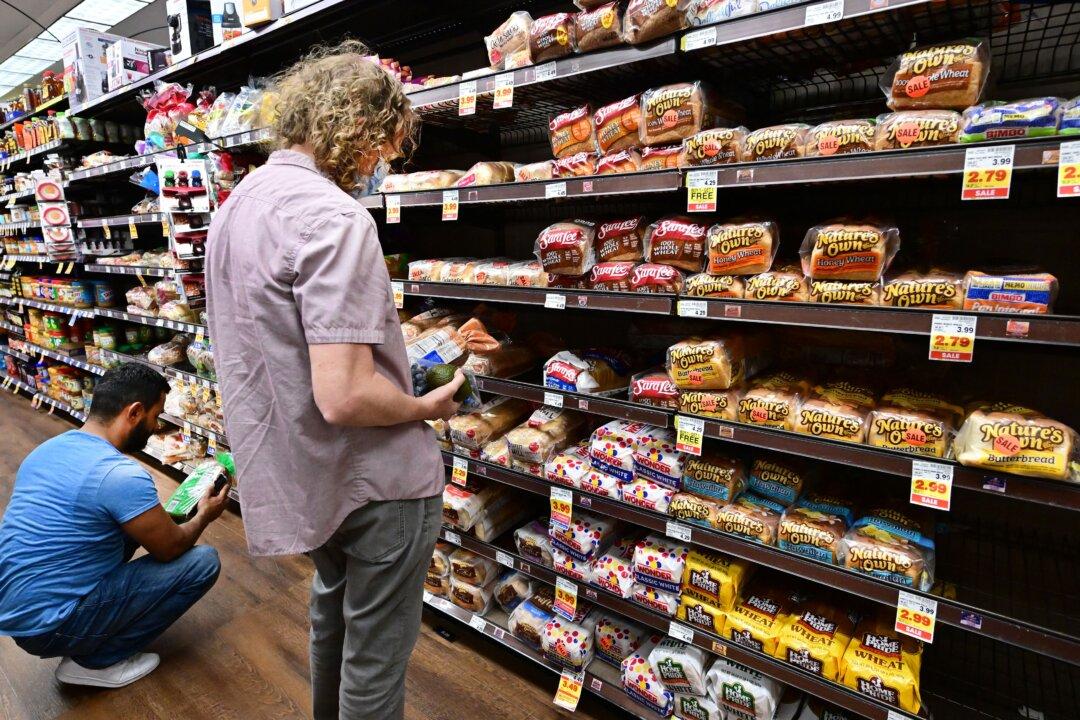The American consumer, whose willingness to spend drives the economy, showed signs of faltering in March as retail sales fell by 1 percent, a far sharper decline than analysts expected and five times lower than the prior month’s 0.2 percent pullback.
Consumer spending accounts for around 70 percent of U.S. economic output and retail sales serve as a key barometer.





